What Does Your Pool Pump Actually Do?
Your pool pump is an unsung hero, tirelessly working behind the scenes to maintain the pristine condition of your swimming pool. This mechanical workhorse performs a series of vital tasks which include circulating water, distributing chemicals evenly and ensuring that your filtration system operates optimally. Understanding the key functions of your pool pump can help you ensure that your pool stays inviting and safe for all your leisure or fitness activities.
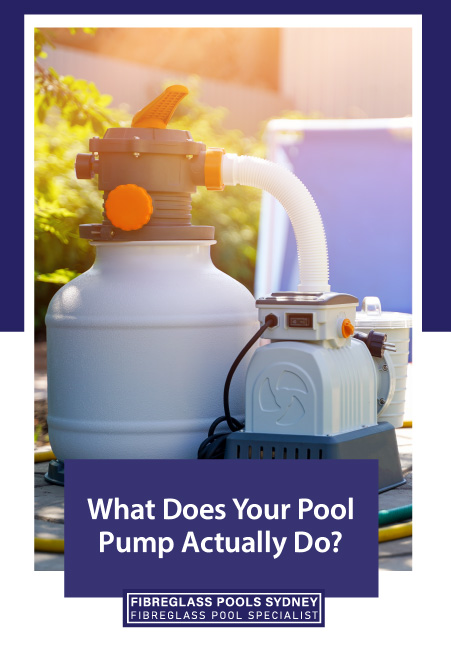
How Do Pool Pumps Work and What Do They Do?
A pool pump operates on a simple principle of creating a flow of water. It draws water from the pool through the skimmer and main drain, pushes it through the filter, and returns it back to the pool through the return jets. The heart of the pool pump is the motor, which turns an impeller, creating a flow of water. When the water is drawn into the pump, it gets pressurised, forcing it to exit through a discharge port and then sent to the filter.
The pool pump’s chief responsibility is to keep the water moving, which is crucial for several reasons. It helps distribute pool chemicals evenly, ensuring that the sanitiser is reaching every part of the pool. In addition, a pool pump aids in the filtration process, which removes debris and contaminants from the water. It also helps to circulate warm water in heated pools, maintaining a consistent temperature throughout. Whether splashing about on a sun-drenched afternoon or doing laps for a rigorous workout, the pool pump keeps your aquatic environment clean, safe, and enjoyable.
Types of Pool Pumps
Pool pumps come in different types, each with their unique features, benefits, and considerations. The most common are single-speed, dual-speed, and variable-speed pumps.
Single Speed Pumps
Single speed pumps are the most traditional and commonly found type of pool pump. As the name denotes, these pumps operate at a single, constant speed. This makes them straightforward to use and reliable, but their lack of versatility can lead to excessive energy consumption. Single speed pumps are highly effective in maintaining water circulation and distributing chemicals, but their constant high-speed operation also means they tend to be the least energy-efficient option. However, for those seeking a simple, cost-effective solution — especially for smaller pools — a single speed pump may still be a compelling choice.
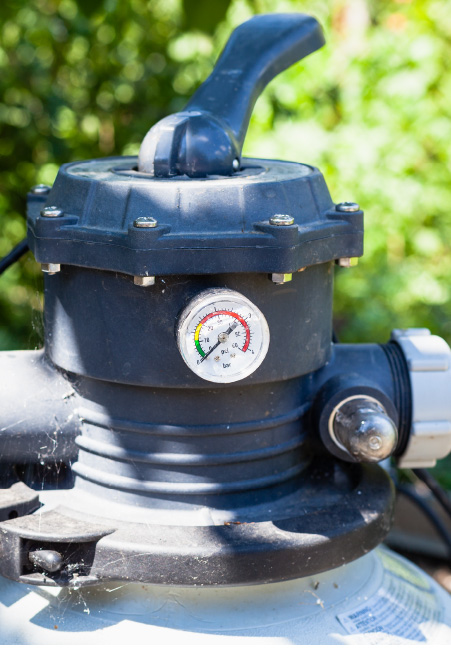
Dual Speed Pumps
Dual speed pumps, as the name suggests, offer two operating speeds: high and low. The high speed is comparable to that of a single speed pump and is typically used when performing tasks that require high water flow, such as backwashing the filter or vacuuming the pool. The low speed, on the other hand, is ideal for everyday functions like normal water circulation and distributing chemicals. The low speed consumes less energy, making dual speed pumps more energy-efficient than their single speed counterparts. This can lead to significant cost savings over time. While dual speed pumps come with a higher upfront cost compared to single speed pumps, their energy efficiency and flexibility can make them a more cost-effective choice in the long run, particularly for larger pools.
Variable Speed Pumps
Variable speed pumps provide the ultimate in flexibility and energy efficiency. As the name implies, these pumps can operate at a wide range of speeds, as opposed to being limited to either one or two set speeds. They utilise permanent magnet motors, similar to those used in hybrid cars, allowing for precise control and significant energy savings. This type of pump offers the ability to fine-tune the speed to perfectly match the task at hand, whether that’s brisk circulation for pool cleaning or a slower flow for efficient filtration and chemical distribution. Despite having a higher initial outlay, variable speed pumps can lead to considerable cost savings on energy bills in the long run. Moreover, their quiet operation and longevity make them a preferred choice, particularly for larger or more frequently used pools. Always remember to check the pool pump compatibility with your pool size and usage frequency before making a purchase decision.
Best Pool Pumps for Fibreglass Pools
When it comes to fibreglass pools, variable speed pumps are often the best choice. Fibreglass pools are typically smoother than concrete pools, which allows for efficient water circulation even at lower speeds. This makes variable speed pumps an optimal choice as they can be adjusted to run at the ideal speed for your specific pool, saving energy and reducing running costs. Moreover, their quiet operation and longevity are additional benefits. However, it’s worth noting that the right choice depends on your particular situation, including the size of your pool and the frequency of use.
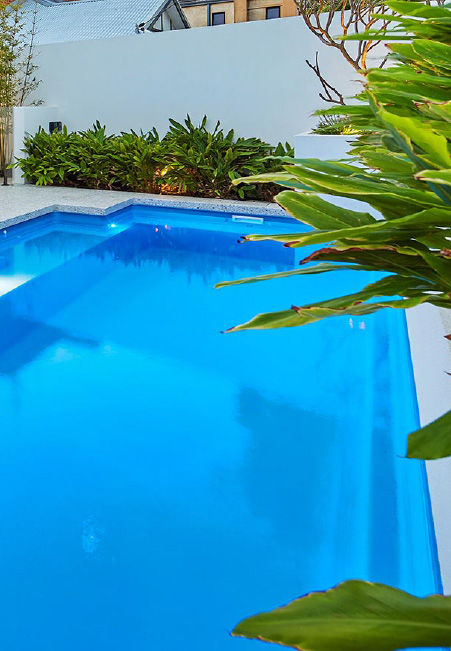
Best Pool Pumps on the Market
When it comes to high-quality, reliable pool pumps, several brands consistently stand out from the rest.
Hayward Super Pump Variable-Speed Pool Pump: Noted for its energy efficiency and quiet operation, this pump offers a wide range of speed settings, making it a versatile choice for different pool types and sizes.
Pentair 342001 SuperFlo VS Variable Speed Pool Pump: This pump is renowned for its durability and performance. It boasts energy savings up to 80%, a quiet motor, and an easy-to-read digital display for speed control.
Intex Krystal Clear Sand Filter Pump: Ideal for above ground pools, this pump has a built-in sand filter and offers 6 different functions, including backwash and rinse, making it a comprehensive pool maintenance solution.
Bestway Flowclear Filter Pump: This pump is both affordable and reliable, making it an excellent choice for small to medium-sized pools. It’s easy to install and offers consistent water circulation for a clean, clear pool.
Blue Wave NE6171B Maxi Replacement Pump: Designed for above-ground pools, this pump is praised for its corrosion-proof polymer construction and high performance despite its compact size.
Conclusion
To summarise, the right pool pump can significantly enhance your swimming pool’s efficiency and longevity, providing a clean, safe and enjoyable environment for you and your family. Whether you opt for a single-speed, dual-speed, or variable-speed pump, it’s essential to consider factors such as energy efficiency, cost-effectiveness, and compatibility with your pool’s size and type. For fibreglass pools, variable speed pumps typically offer the best balance of efficiency and cost savings. Notable brands like Hayward, Pentair, Intex, Bestway, and Blue Wave offer a range of reliable options that cater to various needs. Remember, the ideal pool pump for you is one that meets your specific requirements and offers the best value over its lifespan.
What Does Your Pool Pump Actually Do?
Your pool pump is an unsung hero, tirelessly working behind the scenes to maintain the pristine condition of your swimming pool. This mechanical workhorse performs a series of vital tasks which include circulating water, distributing chemicals evenly and ensuring that your filtration system operates optimally. Understanding the key functions of your pool pump can help you ensure that your pool stays inviting and safe for all your leisure or fitness activities.
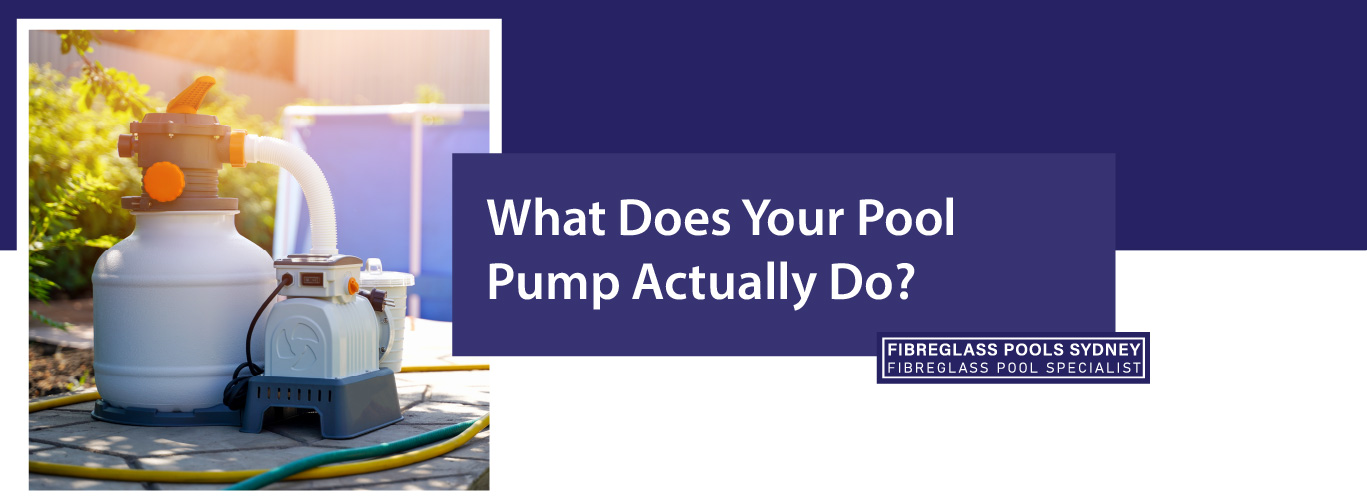
How Do Pool Pumps Work and What Do They Do?
A pool pump operates on a simple principle of creating a flow of water. It draws water from the pool through the skimmer and main drain, pushes it through the filter, and returns it back to the pool through the return jets. The heart of the pool pump is the motor, which turns an impeller, creating a flow of water. When the water is drawn into the pump, it gets pressurised, forcing it to exit through a discharge port and then sent to the filter.
The pool pump’s chief responsibility is to keep the water moving, which is crucial for several reasons. It helps distribute pool chemicals evenly, ensuring that the sanitiser is reaching every part of the pool. In addition, a pool pump aids in the filtration process, which removes debris and contaminants from the water. It also helps to circulate warm water in heated pools, maintaining a consistent temperature throughout. Whether splashing about on a sun-drenched afternoon or doing laps for a rigorous workout, the pool pump keeps your aquatic environment clean, safe, and enjoyable.
Types of Pool Pumps
Pool pumps come in different types, each with their unique features, benefits, and considerations. The most common are single-speed, dual-speed, and variable-speed pumps.
Single Speed Pumps
Single speed pumps are the most traditional and commonly found type of pool pump. As the name denotes, these pumps operate at a single, constant speed. This makes them straightforward to use and reliable, but their lack of versatility can lead to excessive energy consumption. Single speed pumps are highly effective in maintaining water circulation and distributing chemicals, but their constant high-speed operation also means they tend to be the least energy-efficient option. However, for those seeking a simple, cost-effective solution — especially for smaller pools — a single speed pump may still be a compelling choice.
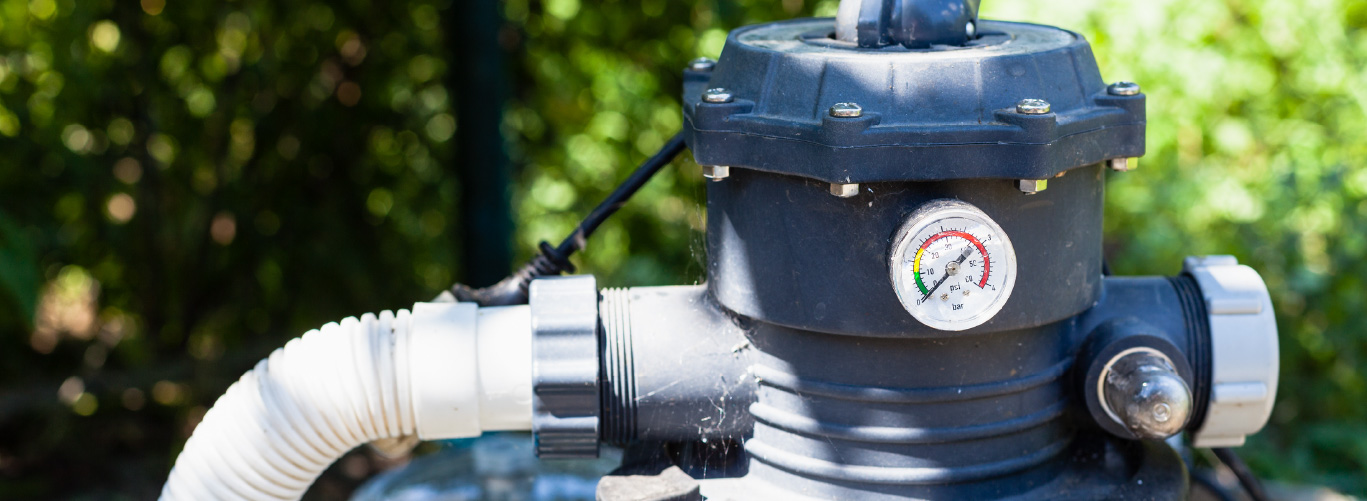
Dual Speed Pumps
Dual speed pumps, as the name suggests, offer two operating speeds: high and low. The high speed is comparable to that of a single speed pump and is typically used when performing tasks that require high water flow, such as backwashing the filter or vacuuming the pool. The low speed, on the other hand, is ideal for everyday functions like normal water circulation and distributing chemicals. The low speed consumes less energy, making dual speed pumps more energy-efficient than their single speed counterparts. This can lead to significant cost savings over time. While dual speed pumps come with a higher upfront cost compared to single speed pumps, their energy efficiency and flexibility can make them a more cost-effective choice in the long run, particularly for larger pools.
Variable Speed Pumps
Variable speed pumps provide the ultimate in flexibility and energy efficiency. As the name implies, these pumps can operate at a wide range of speeds, as opposed to being limited to either one or two set speeds. They utilise permanent magnet motors, similar to those used in hybrid cars, allowing for precise control and significant energy savings. This type of pump offers the ability to fine-tune the speed to perfectly match the task at hand, whether that’s brisk circulation for pool cleaning or a slower flow for efficient filtration and chemical distribution. Despite having a higher initial outlay, variable speed pumps can lead to considerable cost savings on energy bills in the long run. Moreover, their quiet operation and longevity make them a preferred choice, particularly for larger or more frequently used pools. Always remember to check the pool pump compatibility with your pool size and usage frequency before making a purchase decision.
Best Pool Pumps for Fibreglass Pools
When it comes to fibreglass pools, variable speed pumps are often the best choice. Fibreglass pools are typically smoother than concrete pools, which allows for efficient water circulation even at lower speeds. This makes variable speed pumps an optimal choice as they can be adjusted to run at the ideal speed for your specific pool, saving energy and reducing running costs. Moreover, their quiet operation and longevity are additional benefits. However, it’s worth noting that the right choice depends on your particular situation, including the size of your pool and the frequency of use.
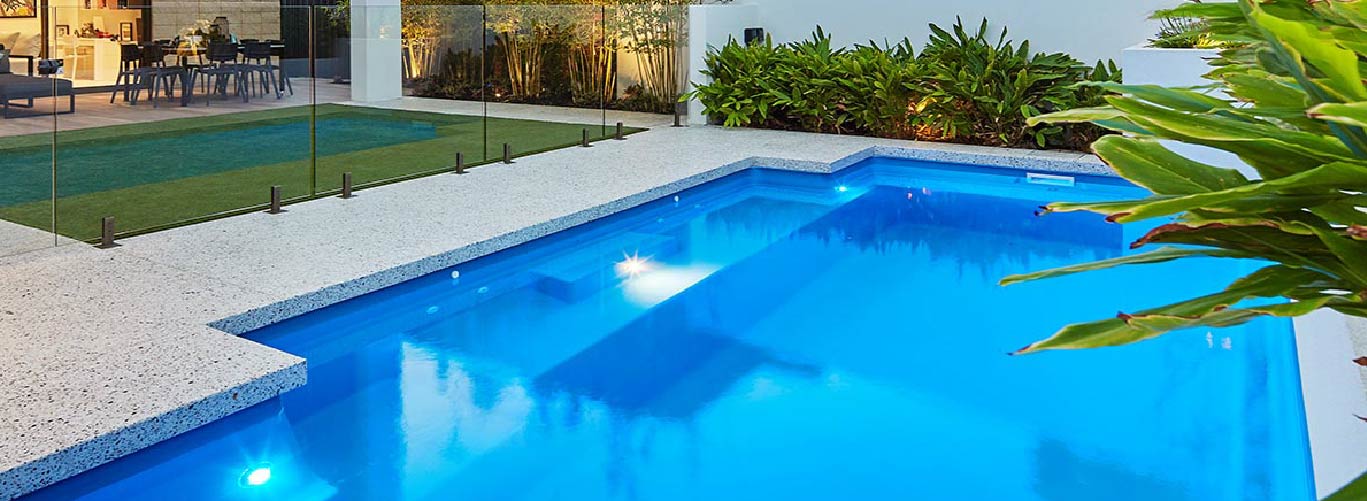
Best Pool Pumps on the Market
When it comes to high-quality, reliable pool pumps, several brands consistently stand out from the rest.
Hayward Super Pump Variable-Speed Pool Pump: Noted for its energy efficiency and quiet operation, this pump offers a wide range of speed settings, making it a versatile choice for different pool types and sizes.
Pentair 342001 SuperFlo VS Variable Speed Pool Pump: This pump is renowned for its durability and performance. It boasts energy savings up to 80%, a quiet motor, and an easy-to-read digital display for speed control.
Intex Krystal Clear Sand Filter Pump: Ideal for above ground pools, this pump has a built-in sand filter and offers 6 different functions, including backwash and rinse, making it a comprehensive pool maintenance solution.
Bestway Flowclear Filter Pump: This pump is both affordable and reliable, making it an excellent choice for small to medium-sized pools. It’s easy to install and offers consistent water circulation for a clean, clear pool.
Blue Wave NE6171B Maxi Replacement Pump: Designed for above-ground pools, this pump is praised for its corrosion-proof polymer construction and high performance despite its compact size.
Conclusion
To summarise, the right pool pump can significantly enhance your swimming pool’s efficiency and longevity, providing a clean, safe and enjoyable environment for you and your family. Whether you opt for a single-speed, dual-speed, or variable-speed pump, it’s essential to consider factors such as energy efficiency, cost-effectiveness, and compatibility with your pool’s size and type. For fibreglass pools, variable speed pumps typically offer the best balance of efficiency and cost savings. Notable brands like Hayward, Pentair, Intex, Bestway, and Blue Wave offer a range of reliable options that cater to various needs. Remember, the ideal pool pump for you is one that meets your specific requirements and offers the best value over its lifespan.


